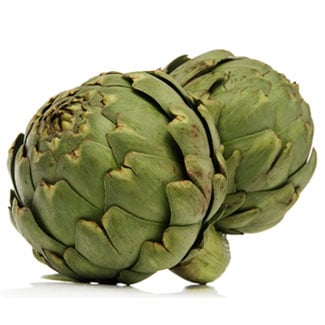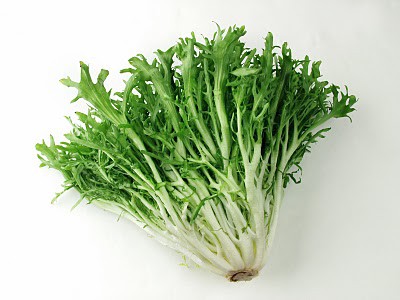The Brussels sprout is a cultivar group of wild cabbagecultivated for its small, leafy green buds, which are typically 2.5–4 cm (0.98–1.6 in) in diameter and visually resemble miniature cabbages. The sprout is Brassica oleracea, in the “gemmifera” group of the family Brassicaceae.
Brussels sprouts (Brassica oleracea; Gemmifera Group) look and taste like tiny cabbages, with a diameter of about 1 inch (2.5 cm). Known to the French as choux de Bruxelles, Brussels sprouts are hugely popular in Great Britain, where consumption far exceeds that of the United States.
The exact origins of Brussels sprouts are unknown, but history places the vegetable in Brussels, Belgium, sometime in the sixteenth century. Thomas Jefferson is credited with introducing Brussels sprouts to the United States. He brought the plant to Virginia from Paris in 1821.
Health Benefits of Brussels sprouts
The health benefits of this cruciferous vegetable in relationship to cancer. This connection between Brussels sprouts and cancer prevention should not be surprising since Brussels sprouts provide special nutrient support for three body systems that are closely connected with cancer development as well as cancer prevention. These three systems are the body’s detox system, its antioxidant system, and its inflammatory/anti-inflammatory system. Chronic imbalances in any of these three systems can increase risk of cancer, and when imbalances in all three systems occur simultaneously, the risk of cancer increases significantly. Among all types of cancer, prevention of the following cancer types is most closely associated with intake of Brussels sprouts: bladder cancer, breast cancer, colon cancer, lung cancer, prostate cancer, and ovarian cancer.

